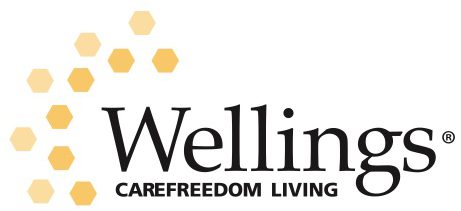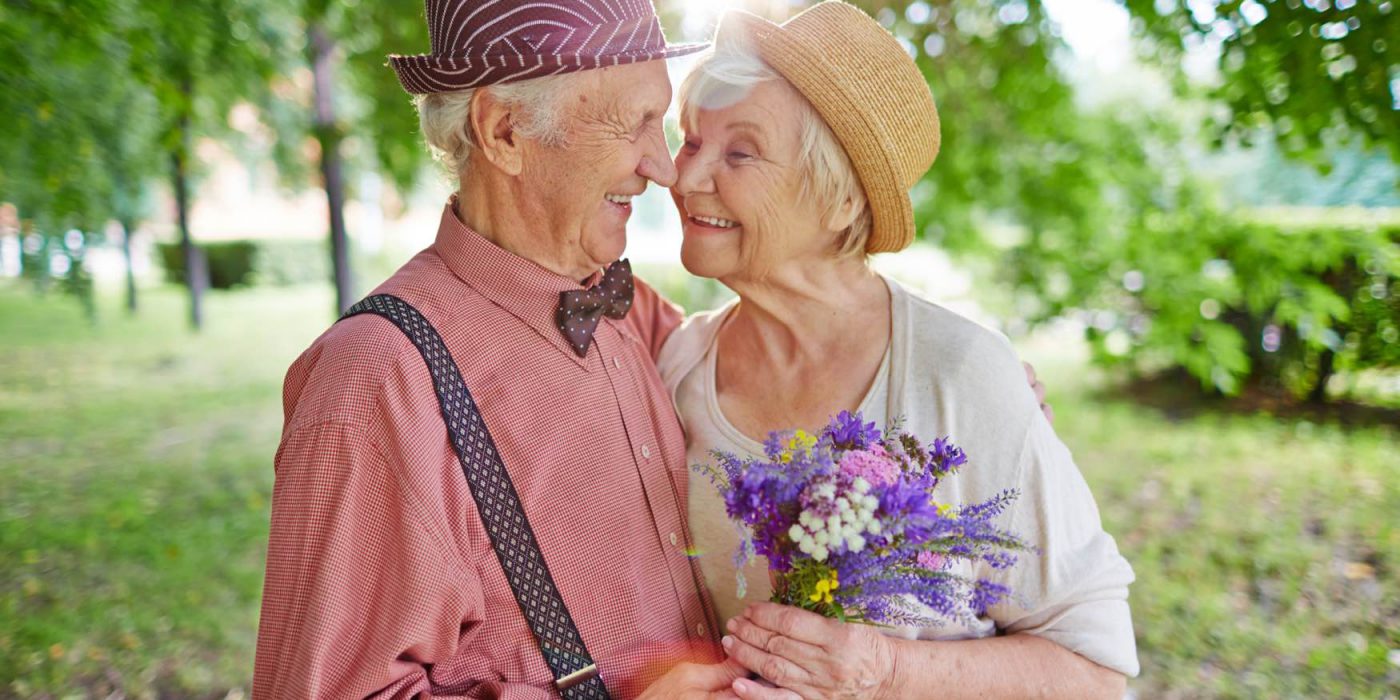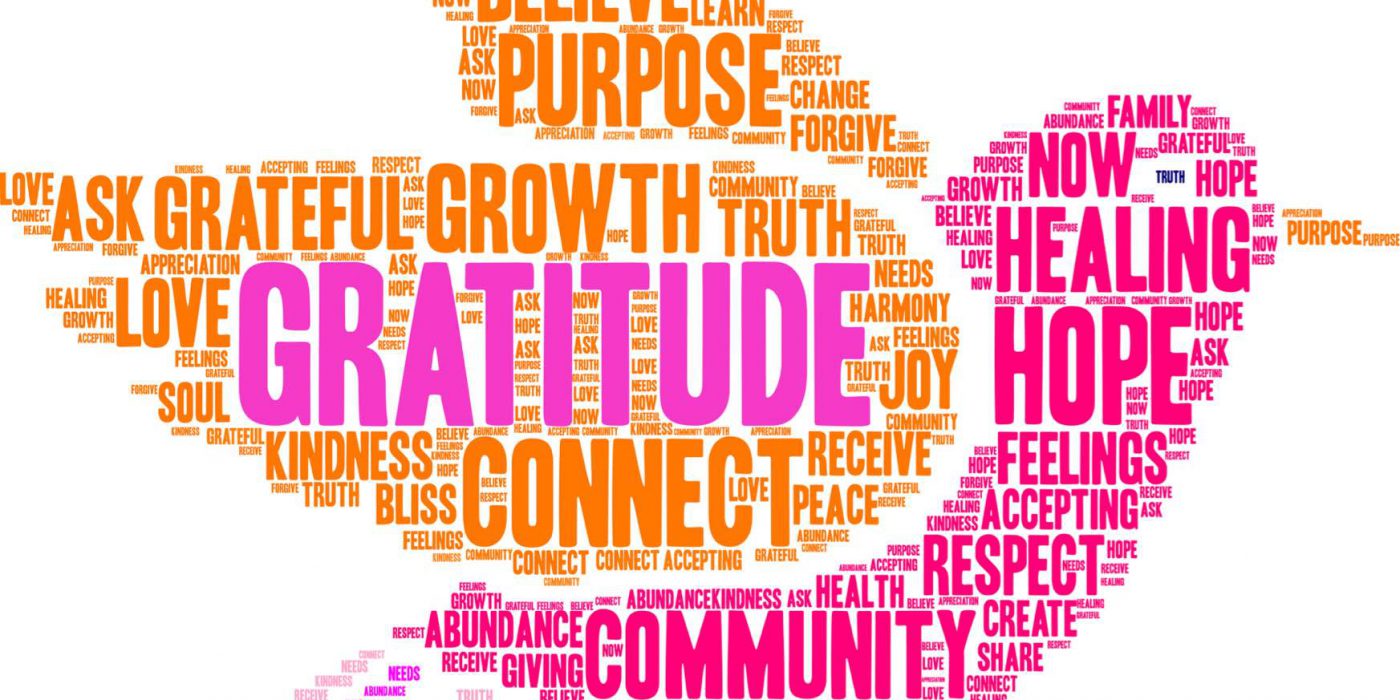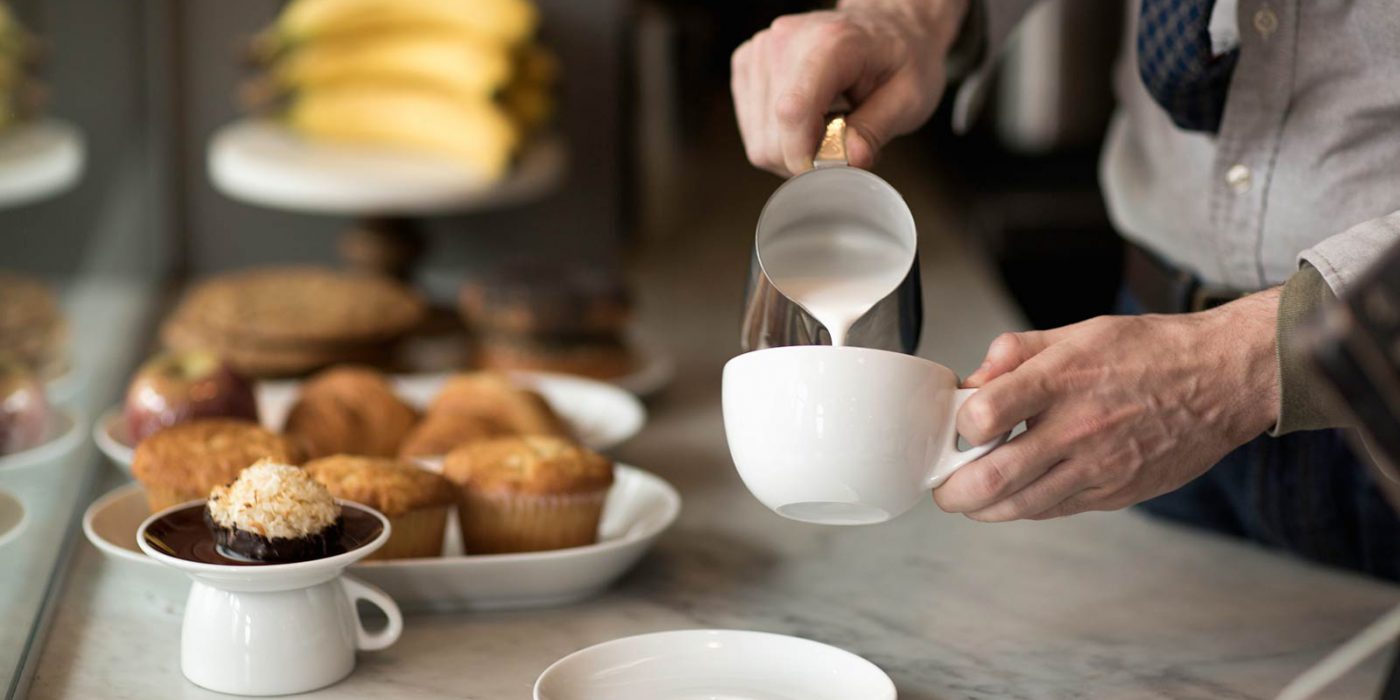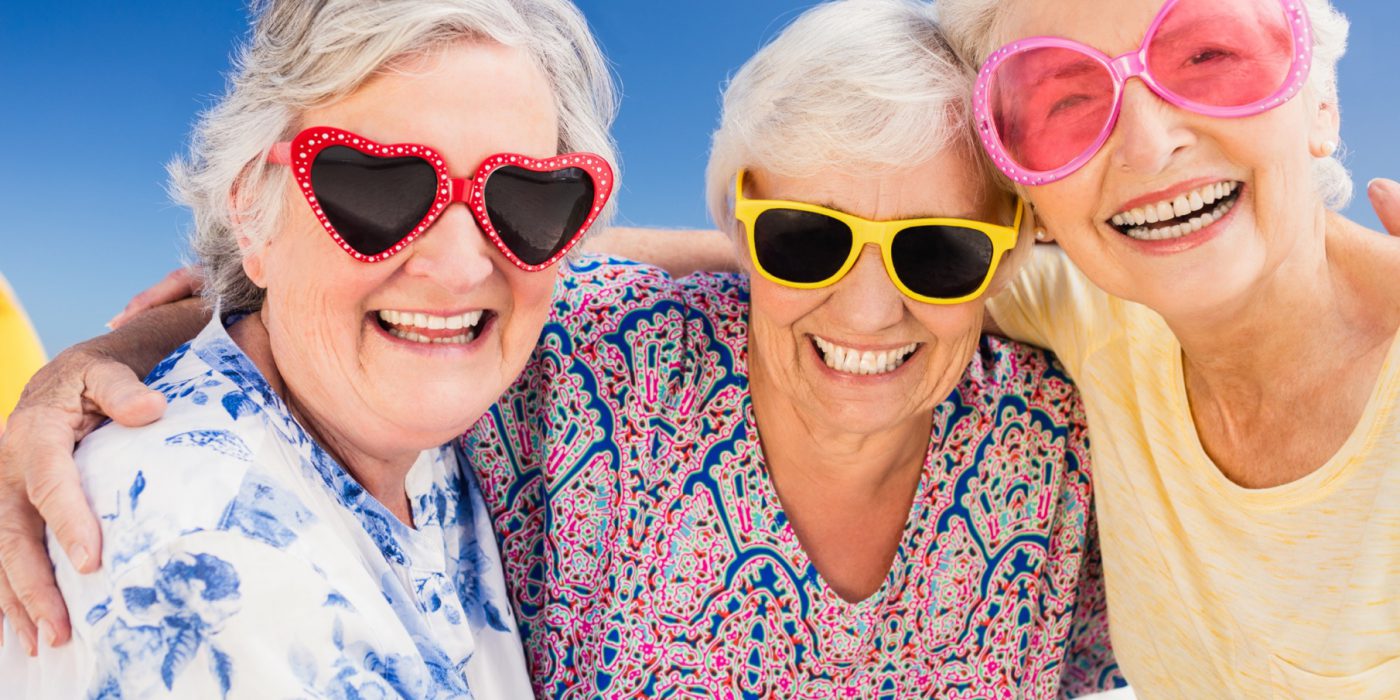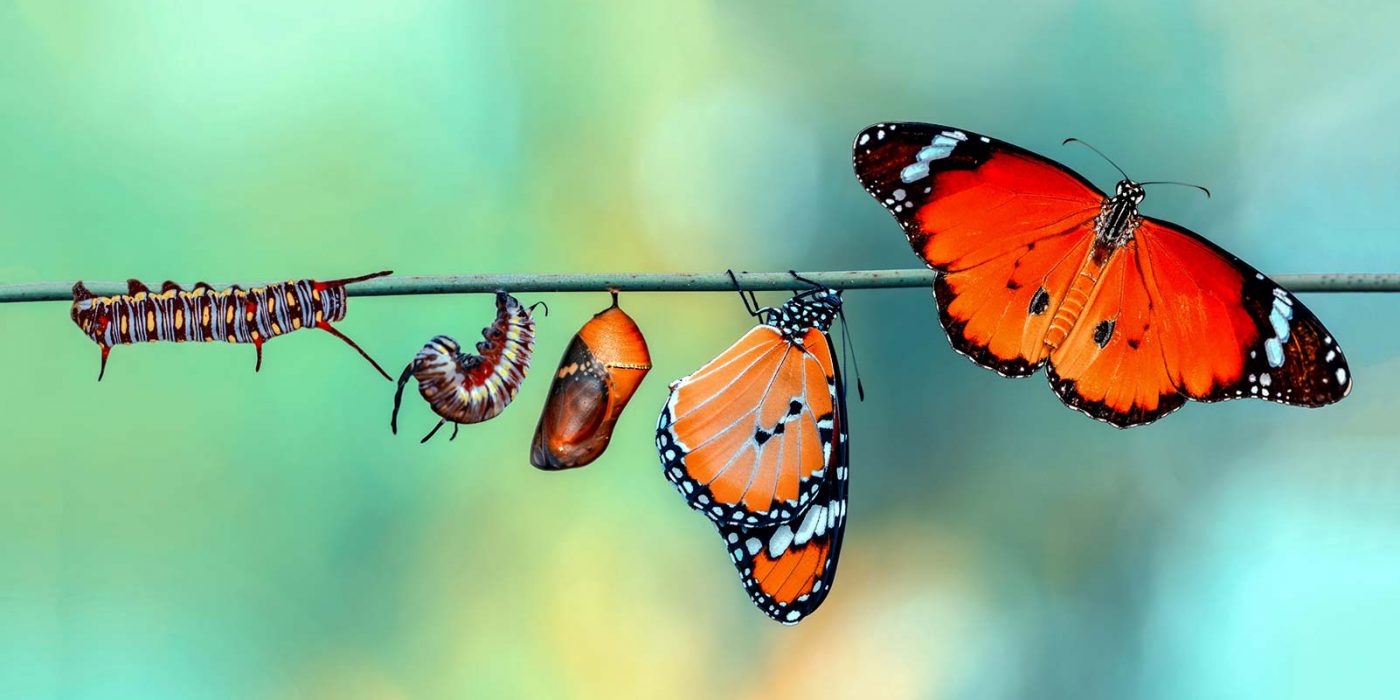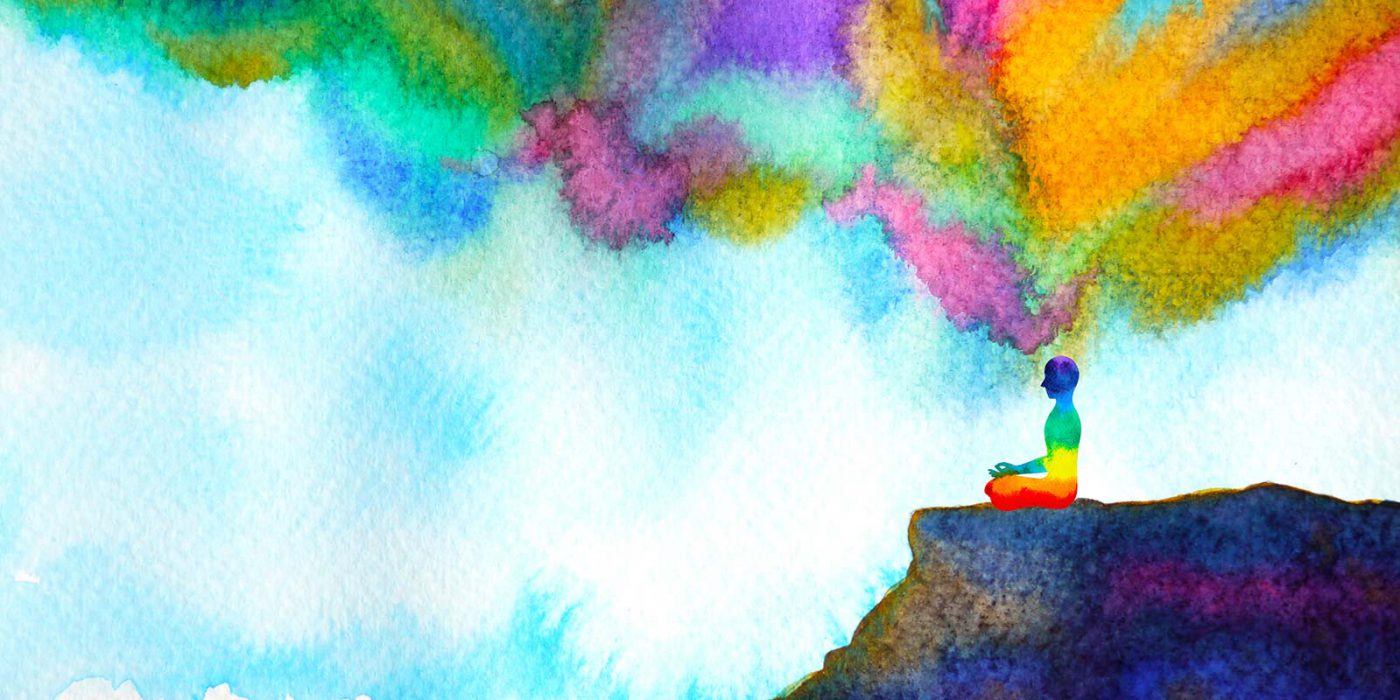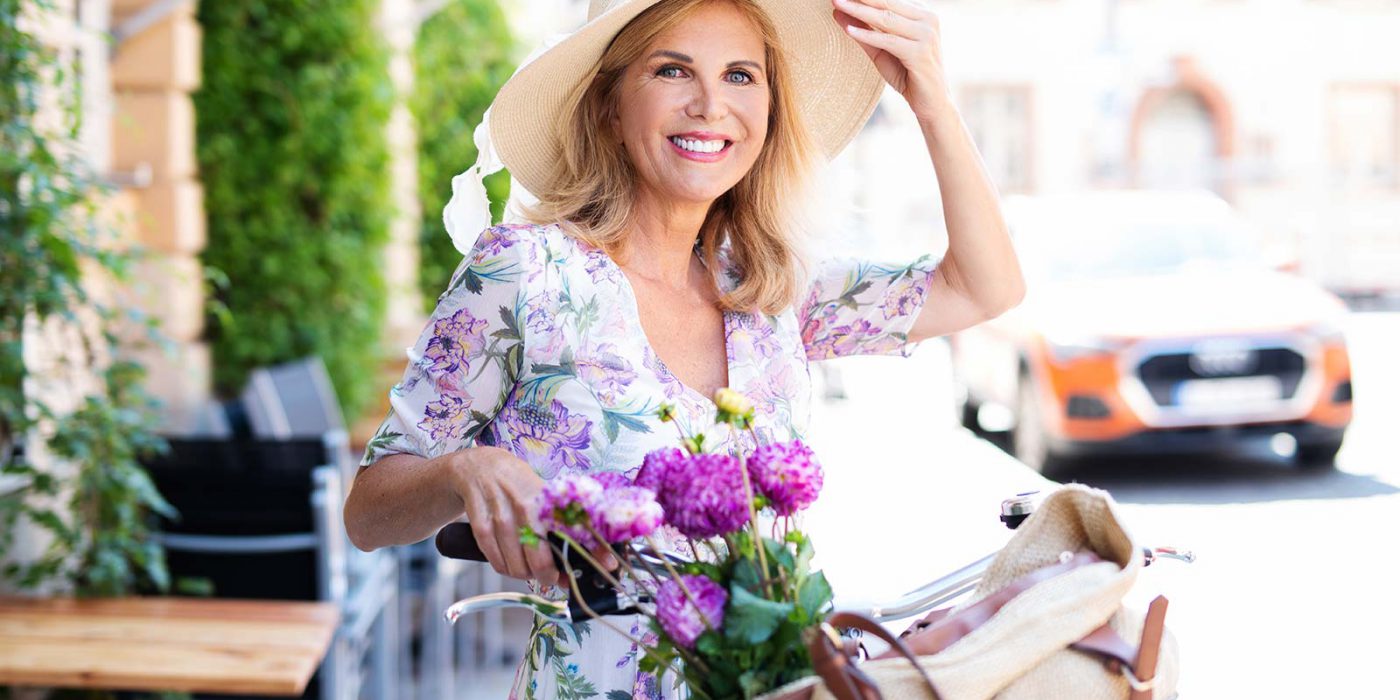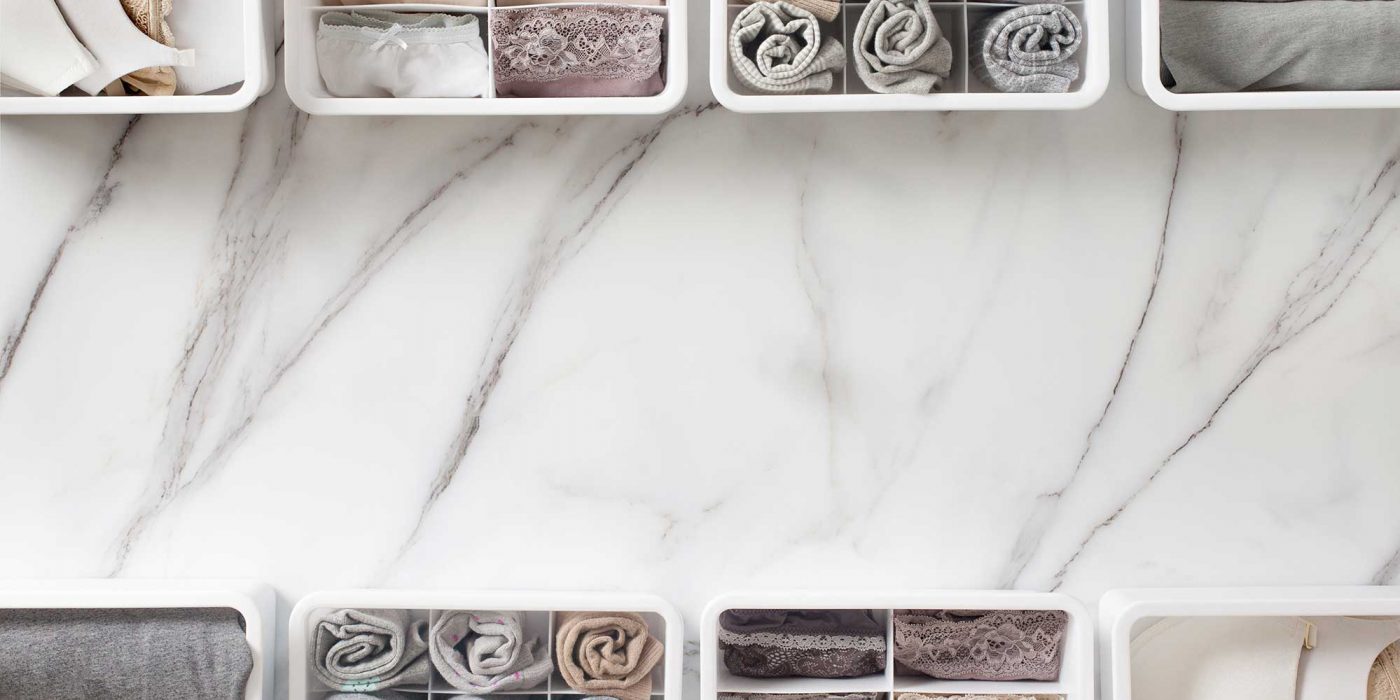Easy Steps To Thriving As We Age
“Don’t let your age control your life. Let your life control your age.”
– Anthony D. Williams
Think about what brings you joy. Is it your children or grandchildren? Watching birds? Helping others? Good conversation with your friends? Maybe it’s a perfect cup of tea or coffee; perhaps it’s inspiring music or a great book.
Right now I’m enjoying a giant cup of herbal tea in my oversized love cup, as I share some thoughts with you. Both of these things bring me a great deal of joy. One is easy (the cup of tea) and one is challenging. Writing always dares me to dig deeper for something meaningful to share. Writing asks me to learn before I teach anything; it expands my perspective and keeps my mind wide open. My intention with writing has always been to learn more about our place in the world and to discover how I can help others stretch their understanding and as a result expand their possibilities. Writing keeps me in a growth mindset and I’m very grateful for that.
“Be open to new ideas; never stop growing. Learning nourishes our happiness.”
-Kathie Donovan
It’s up to us whether or not we appreciate the power of learning new ideas or savouring our favourite simple pleasures but these are the very things that make our days special. Too often we allow ourselves to get caught up in overthinking about what might happen next or worrying about situations we have no control over. Part of enjoying a happy, healthy life is valuing the simple things that we could easily take for granted.
Here’s an important truth. We are each in charge of our happiness and we have far more power and control over it than we recognize.
Our best bet when it comes to healthy aging is to take care of our physical and mental wellness. Our body and mind are naturally connected; when we take care of our body our mind feels better. Cultivating habits such as making movement part of our daily routine, eating a healthy diet, watching where we allow our thoughts to go and recognizing the importance of interdependence all point us in the right direction.
Researchers who study centenarians (folks who live to 100 years and beyond) have shared that our attitude is important as we age. Our attitude is shaped by how we invest our time, so it’s important to do things that make us happy. Being accepting of change is another key component of a healthy attitude and that includes rejecting negative stereotypes of aging. What we’ve been told about aging over many decades is not necessarily going to be your experience, if you take care of your attitude.
While we’re all subjected to negative thoughts, the difference between living a mediocre life and thriving as we age is how much power we give to negativity. It’s true that our lives can be completely reimagined when we shift the focus of our thoughts. When we are accountable for what we choose to think, we live a life that’s happening for us instead of a life that’s happening to us. Replacing negative thoughts with positive thoughts challenges us and that’s a good thing. For example, a negative thought might be -life is so boring- replace that thought with – I am capable of anything I set my mind to; I look for possibilities for joy every day. I’ve learned that complaining is like saying a prayer, asking for what you don’t want, so be careful because complaining is widely acceptable but not effective when it comes to thriving.
Now is the time to stand up for ourselves and use the power of our thoughts to improve the results we see in our lives. We are all important and we matter; what we think about ourselves and our environment, including the people we interact with matters too. Here are a few more simple habits to cultivate that will contribute to living a fulfilling life.
- Learn to be grateful. Write down what you’re grateful for. Say thank you often; give out compliments like candy.
- Practice kindness toward yourself and others.
- Live in the present. The past doesn’t exist any longer and the future hasn’t happened yet. Worrying about either is like chewing gum to solve a chemistry problem, it gets you nowhere.
- Live with purpose. Focus on activities and pursuits that are meaningful to you.
- Stay curious. Ask questions; learn to be interested in other people and subjects you may have not yet explored.
- Let go of bitterness, anger and excuses. Practice forgiveness and compassion toward yourself and others.
Choosing to use some of these techniques will convince you that you have far more power and control in your life than you thought you did. Take some of these ideas, try them and enjoy all of the benefits and opportunities life has to offer.
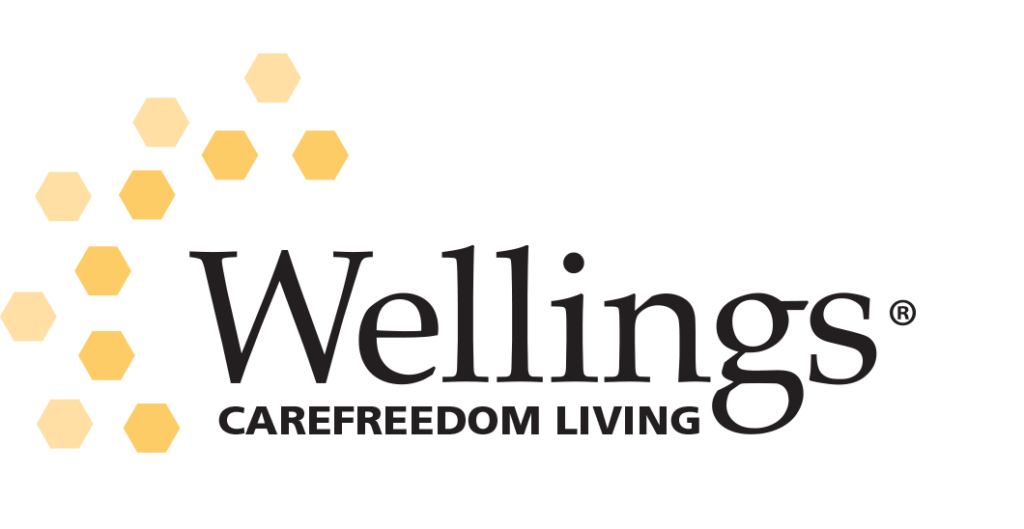
This Wellings blog by Kathie Donovan was exclusively written for Wellings Communities and appeared first on MyWellings.com.
